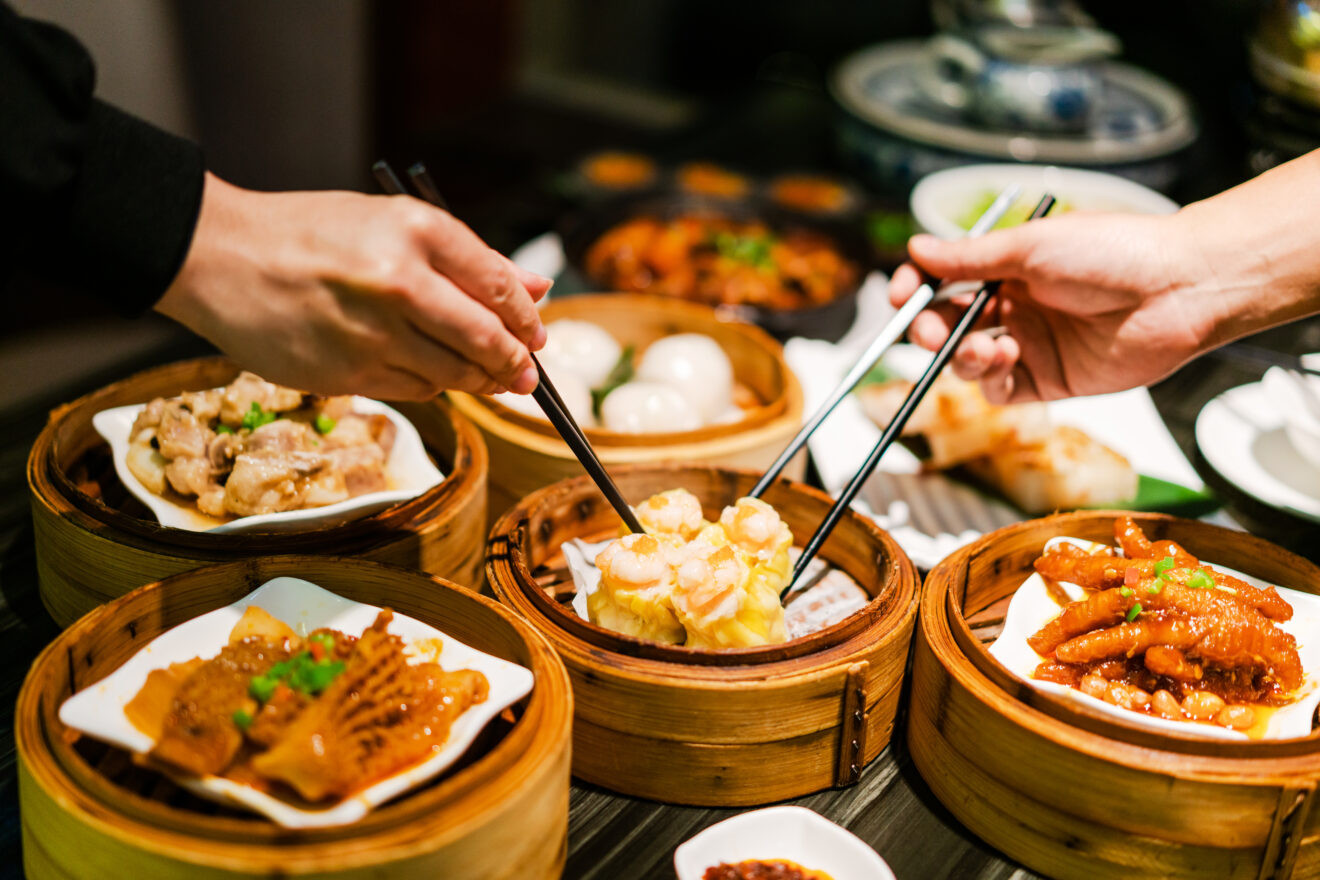As global flavors capture more and more attention, consumers are demanding more authenticity from restaurants. But what does that really mean? And how do restaurants learn to lean into it?
The debate over what dishes are “authentic” has been around for ages. But today a definition can be as contentious as ever, as consumers experience more global flavors yet can experience them in different ways.
For some, authenticity is a rulebook, a rigid set of benchmarks deeply rooted in cultural traditions that dictate who is allowed to prepare global foods and how. To others, authenticity could include innovation in the form of a creative chef who breaks from traditional preparation, fuses cuisines, or even reinvents traditions if done with a respectful nod to the cultural roots.
For food brands, how do you establish a reputation for authenticity, while balancing all the other factors that go into a successful business?
Remember it’s not all-or-nothing.
Three-quarters of operators incorporate global dishes and flavors into their menus in some capacity. The extent to which these are considered authentic can vary widely, but the most important factor, according to consumers, is that the restaurant uses imported or culturally specific ingredients and methods of preparation. Focusing on a cuisine’s regional varieties and local specialties is also key for consumers.
While factors like these have to be balanced with keeping food costs in line, consumers also heavily weigh the ambiance and server knowledge in determining the authenticity of a restaurant or other foodservice operation.
And here’s why authenticity is so critical to get right: Half (53%) of consumers find authenticity to be a significant factor when trying out unfamiliar dishes or ingredients.
Plus, nearly 60% of consumers value authenticity in food more now than ever before, but that’s particularly true with Generation Z and millennial consumers.
Younger generations are clearly hyper-focused on authentic experiences. In fact, more than half of Gen Z consumers also say they actively seek out restaurants that serve global cuisines when they’re dining out, compared to only two in five Generation Xers or baby boomers.
For operators who are trying to promote globally inspired foods, they are most likely to lean toward messages of authenticity, uniqueness or trendiness.
But just like consumers, a majority (68%) agree that authenticity is more important now than ever before.
Baby steps toward more authenticity will be rewarded, as operators and consumers alike look to lean into global cuisine more in the future.
Although it may be frustrating that there’s no one prescription to bring more authenticity into an operation, small changes — whether it’s a chance to learn more about a regional cuisine on a menu, knowledgeable wait staff or menu items that are tweaked to enhance the authenticity — will be rewarded by consumers ready to experience more about the world on a plate.
Samantha Des Jardins is the content marketing manager at Datassential.
Recent related stories:
- Navigating today’s restaurant technology landscape
- Consumers’ changing tastes heat up the spice aisle
- The cuisine to know for 2024 isn’t a single cuisine at all
_____________________________________
If you liked this article, sign up to receive one of SmartBrief’s Food & Beverage newsletters. They are among SmartBrief’s more than 250 industry-focused newsletters.
